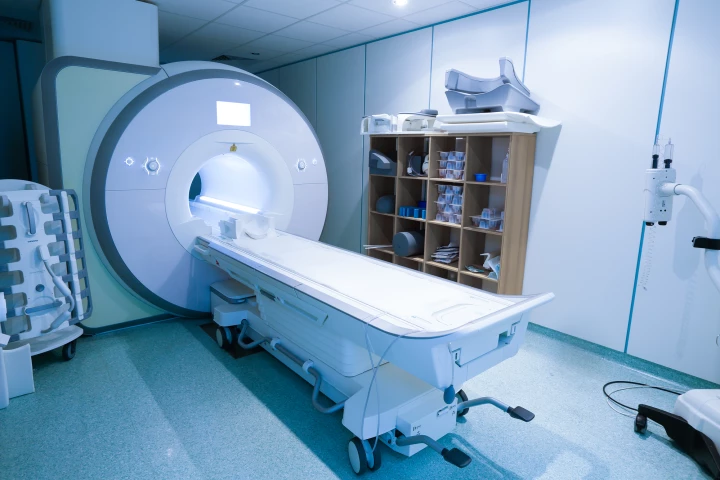Metastasis
-
Detecting circulating tumor cells among healthy blood cells is notoriously hard. Now an easy-to-use device can ID even a small number of cancer cells, potentially providing a huge breakthrough in non-invasive early detection, monitoring and treatment.
-
Scientists at Cambridge have identified a protein that plays a key role in cancer metastasis, which not only hints at a new potential treatment but reveals for the first time that this process isn’t unique to cancer, as previously thought.
-
A new study has turned up a new target in efforts to tackle metastatic cancers, the primary cause of death from the disease, by unearthing a protein that prevents cells from migrating to other parts of the body by sticking them to surrounding tissue.
-
Researchers at Princeton focusing on a single gene central to the ability of most major cancers to metastasize have discovered what they describe as a "silver bullet," in the form of a compound that can disable this gene in mice and human tissue.
-
A new study has found a key fatty acid found in palm oil can promote cancer metastasis in mice. The research, which does not claim dietary palm oil has cancer-causing properties in humans, could lead to new therapies that block cancer spread in the future.
-
Cancer becomes far more dangerous when it spreads through the body, known as metastasis. A newly identified protein stops cells getting into the bloodstream – and tumor cells can ignore it, which may reveal a new drug target for cancer treatment.
-
Leveraging a newfound ability to identify the "fittest" metastatic cancer cells, scientists at the UK's University of Salford have discovered that an already approved drug can be deployed to cut off their fuel supply, while leaving normal healthy cells unharmed.
-
Oncolytic viruses selectively kill cancer cells, but this can be ineffective if it alerts the immune system. Now scientists have tweaked these viruses to avoid detection by the immune system, allowing them to track down cancer even after it’s spread.
-
Cancer spreads easily, and a common location for secondary tumors to appear is the lungs. Now, scientists at Harvard’s Wyss Institute have developed a way to treat metastatic tumors in the lungs, by attaching immune-baiting drugs to red blood cells.
-
Part of what makes cancer so deadly is its ability to rapidly spread to other parts of the body. Now, researchers at Tulane University have identified a pair of genes that helps triple negative breast cancer spread – and found how to switch them off.
-
Researchers are reporting the development of a new imaging method to detect metastatic cancer in the liver. The MRI method could be applied to a number of other cancers, offering an entirely novel way to detect metastatic disease at its early stages.
-
Fighting cancer can sometimes feel like a game of Whack-A-Mole – even after a primary tumor is removed the disease can crop up again in other organs. Now, researchers have developed a drug that can prevent cancer from spreading.
Load More











